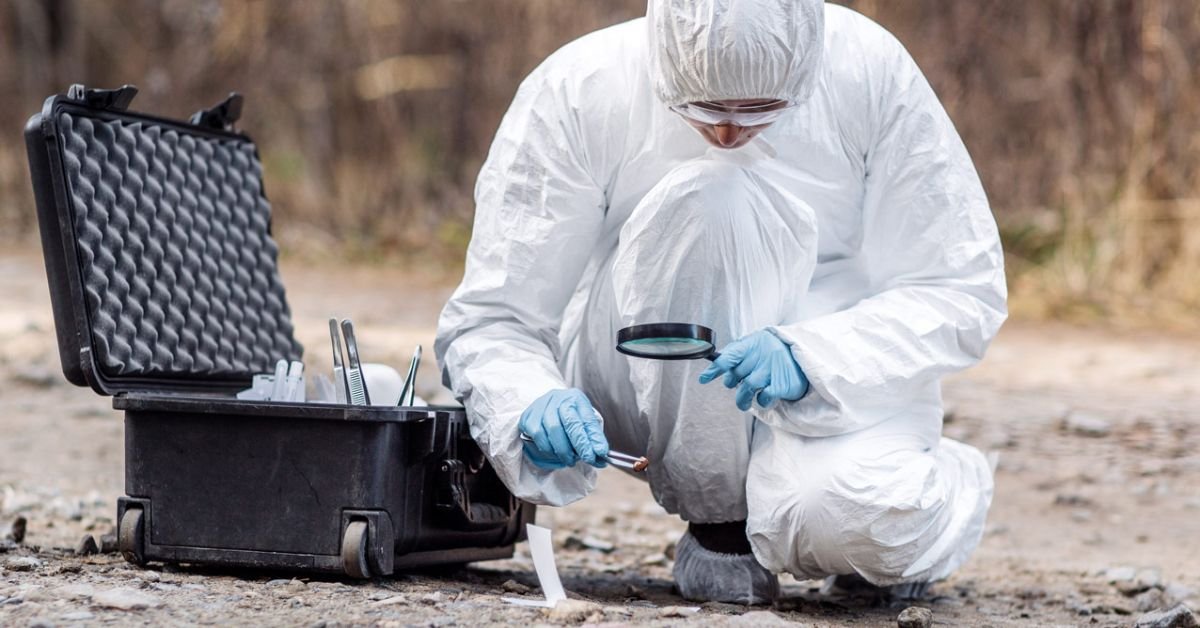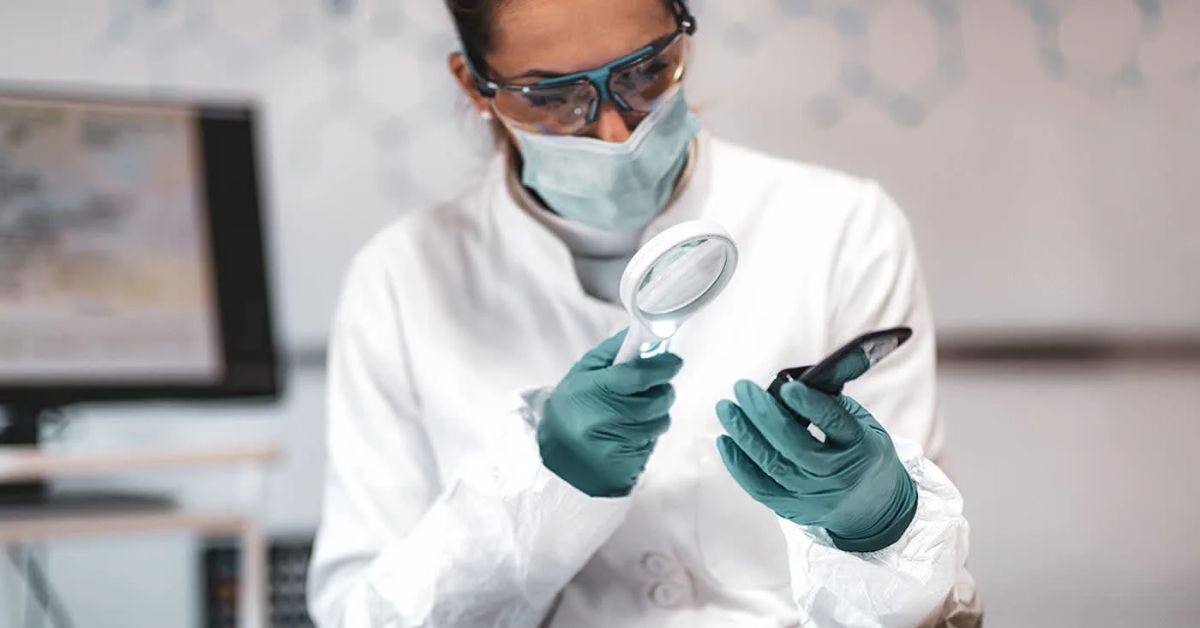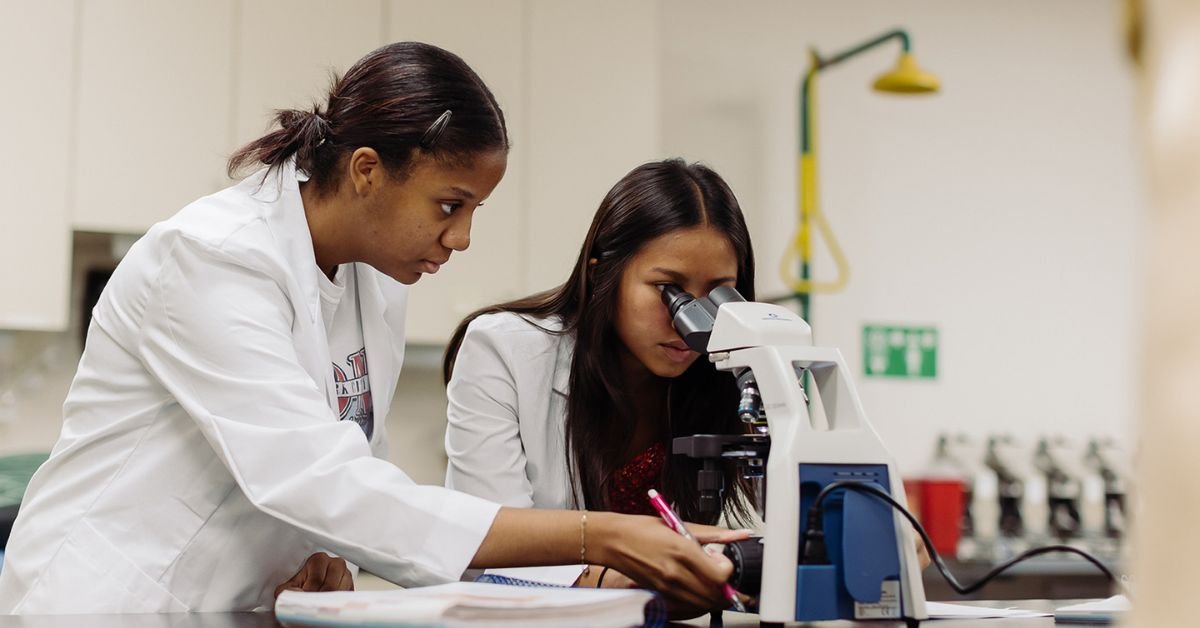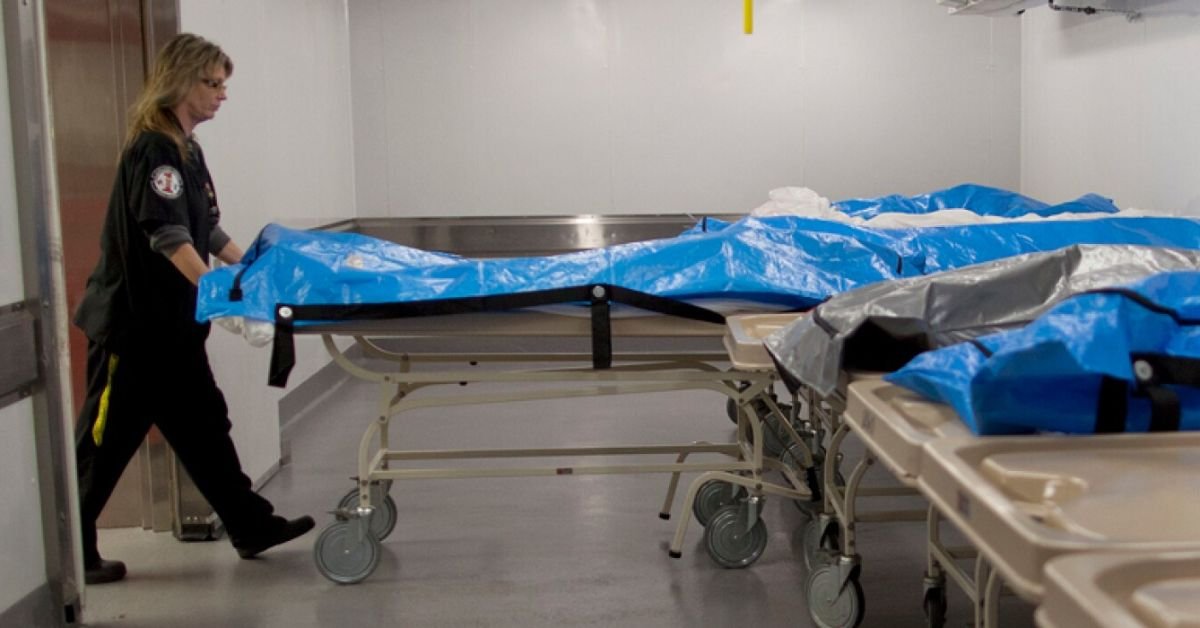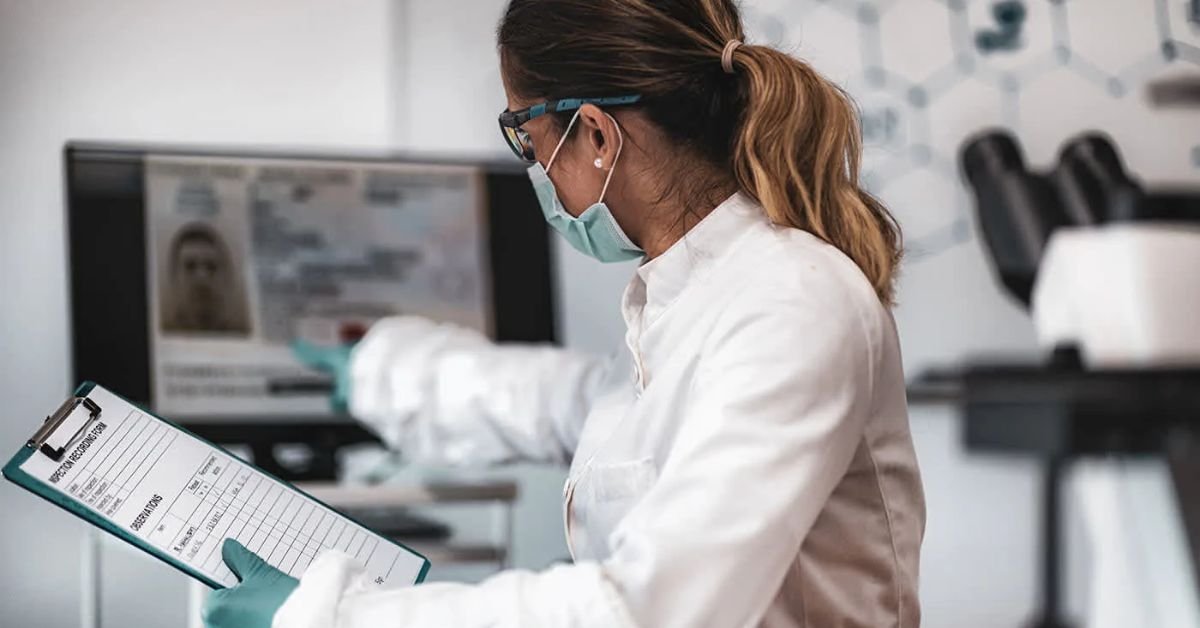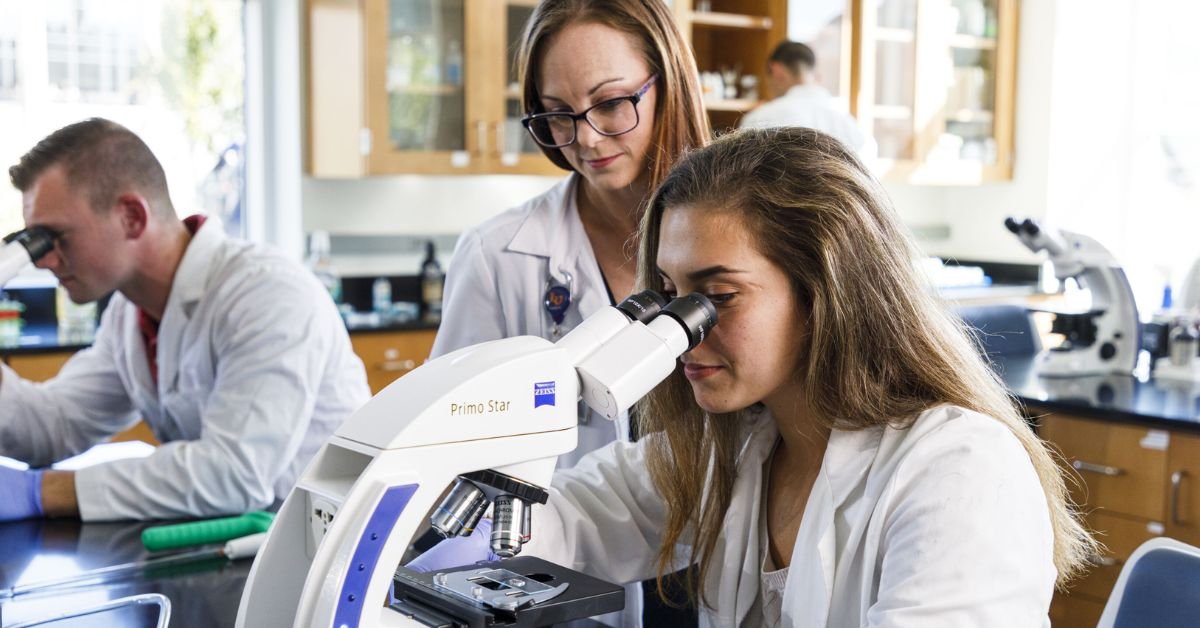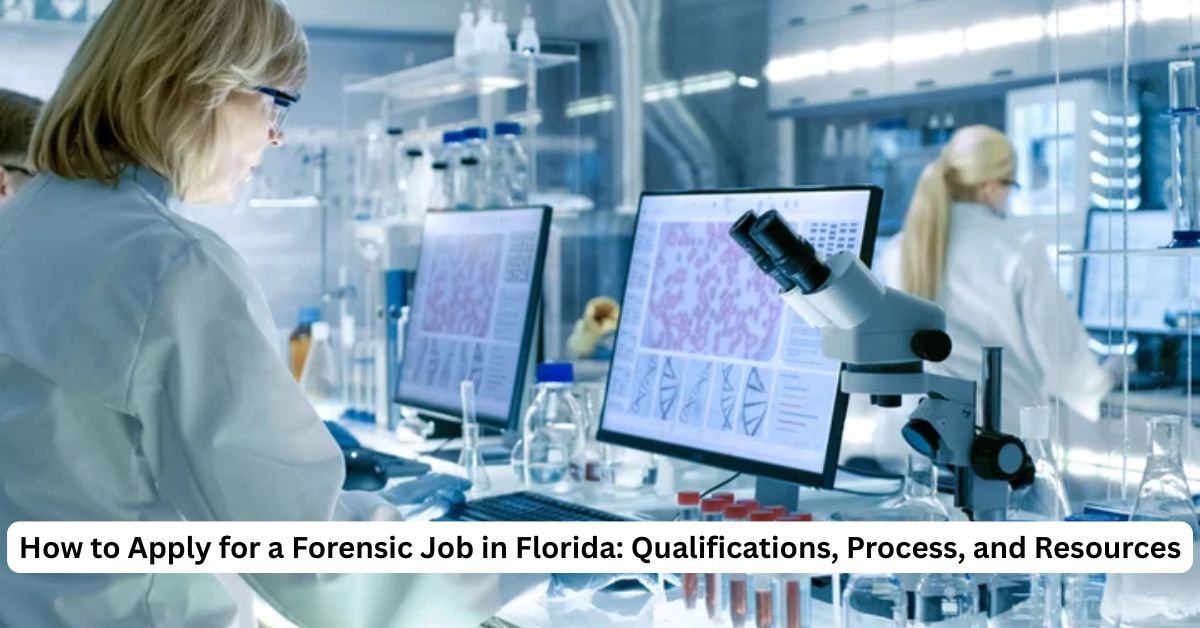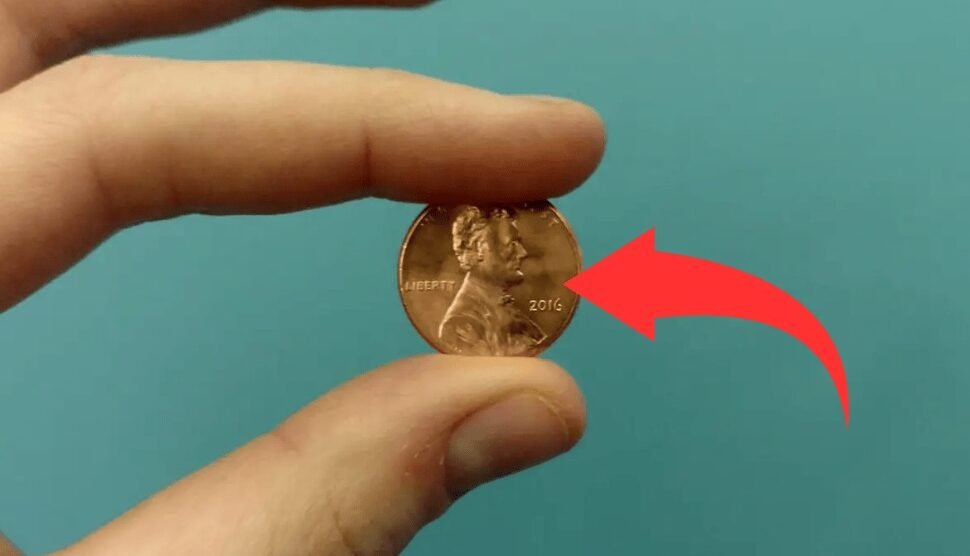The field of medicolegal science combines principles of medicine and law to investigate deaths, injuries, and other medically relevant legal issues. In Florida, the medicolegal system is overseen by the Medical Examiners Commission under Chapter 406, Florida Statutes. It plays a crucial role in public health, criminal justice, and legal proceedings by determining causes and manners of death, evaluating injury patterns, and providing expert testimony.
This article outlines the structure, career options, eligibility requirements, and advancement opportunities within Florida’s medicolegal system.
1. Understanding the Medicolegal System in Florida
Florida operates a district-based medical examiner system, where each judicial circuit has one or more medical examiner offices. These offices are responsible for investigating deaths that are sudden, unexpected, violent, or suspicious.
Core Functions of Medicolegal Professionals:
- Conducting autopsies and postmortem examinations
- Determining cause and manner of death
- Investigating death scenes
- Collecting forensic and biological evidence
- Preparing official medicolegal reports
- Testifying in court as expert witnesses
These responsibilities are carried out by a team of professionals including forensic pathologists, medicolegal death investigators, forensic technicians, and autopsy assistants.
2. Medicolegal Career Pathways
Several distinct roles fall under the umbrella of medicolegal careers in Florida. The following table summarizes key positions, educational requirements, and oversight.
| Position | Minimum Education | Oversight / Licensing Body |
|---|---|---|
| Forensic Pathologist | M.D. or D.O., with fellowship | Florida Board of Medicine / ABPath |
| Medicolegal Death Investigator | Bachelor’s in biology, forensics, or criminal justice | Local Medical Examiner Offices |
| Autopsy Technician | Associate or bachelor’s degree | District Medical Examiner Offices |
| Forensic Toxicologist | Bachelor’s or master’s in chemistry or pharmacology | Florida Department of Law Enforcement (FDLE) |
| Office Administrator (ME Office) | Bachelor’s degree in health or public admin | County Medical Examiner Offices |
Each role requires specific skills, ranging from clinical examination to investigative documentation and laboratory techniques.
3. Eligibility and Training Requirements
Forensic Pathologists:
| Requirement | Details |
|---|---|
| Medical License | Required in Florida (Ch. 458 or 459, Florida Statutes) |
| Board Certification | American Board of Pathology (Forensic Pathology) |
| Fellowship | Completion of forensic pathology fellowship |
| Appointment | By Medical Examiners Commission under §406.06, Florida Statutes |
Medicolegal Death Investigators (MDIs):
| Requirement | Details |
|---|---|
| Education | Bachelor’s degree in forensic science, biology, nursing, or criminal justice |
| Experience | Often requires 1–3 years in death investigation or law enforcement |
| Certification | ABMDI certification (optional but highly preferred) |
| Background Check | Required for all government-employed positions |
4. Professional Certification Options
Certification is often required or recommended for career advancement and credibility in the medicolegal field.
| Certification | Offered By | Applicable Roles |
|---|---|---|
| ABMDI Certification | American Board of Medicolegal Death Investigators | Death investigators |
| Board Certification in Forensic Pathology | American Board of Pathology | Forensic pathologists |
| Forensic Technician Certificate | American Academy of Forensic Sciences (AAFS) | Autopsy and laboratory technicians |
| OSHA/Bloodborne Pathogens | Required for all personnel handling biological specimens | All clinical and autopsy staff |
5. Regulatory and Legal Framework
The medicolegal profession in Florida is shaped by multiple statutory and regulatory frameworks:
Key Florida Statutes:
| Statute | Subject |
|---|---|
| Chapter 406, F.S. | Medical Examiners; Death and Fetal Death Registration |
| Chapter 458, F.S. | Medical Practice (MD licensure) |
| Chapter 459, F.S. | Osteopathic Medicine (DO licensure) |
| HIPAA Compliance | Federal regulation on handling of decedent records |
The Medical Examiners Commission, part of the Florida Department of Law Enforcement (FDLE), establishes minimum qualifications, monitors performance, and oversees appointment processes for forensic pathologists.
6. Advancement and Career Development
Professionals in the medicolegal field may advance through experience, continued education, and specialized training. Advancement opportunities include:
- Senior Medicolegal Investigator
- Forensic Pathology Fellowships (University or Agency-Based)
- Deputy or Chief Medical Examiner
- Office Management Roles (Operations or Evidence Management)
Many professionals pursue additional education in public health, forensic anthropology, or legal studies to enhance their career trajectories.
7. Employment Outlook and Work Environment
Employment Settings:
| Setting | Description |
|---|---|
| District Medical Examiner Offices | 25 ME districts across Florida; staffed by county |
| University-Affiliated Pathology Labs | Research and training sites for future forensic doctors |
| Law Enforcement Agencies | Collaboration on scene investigations |
| State Agencies (FDLE) | Forensic toxicology, evidence analysis |
Work Conditions:
Medicolegal professionals often work in challenging environments involving exposure to biological materials, traumatic injuries, and emotionally charged situations. Strong psychological resilience and attention to detail are essential.
8. How to Begin a Medicolegal Career in Florida
Recommended Steps:
- Obtain Relevant Education – Choose programs in forensic science, biology, pathology, or criminal justice.
- Apply for Entry-Level Positions – Start as an autopsy technician or investigator trainee.
- Pursue Certification – Seek ABMDI or other credentials.
- Gain Field Experience – Participate in internships with medical examiner offices or forensic units.
- Network and Specialize – Join professional organizations such as NAME (National Association of Medical Examiners).
Conclusion
The medicolegal career path in Florida offers a diverse range of professional opportunities at the intersection of medicine, science, and law. Whether as a forensic pathologist determining causes of death or as a medicolegal investigator collecting scene evidence, each role contributes to a comprehensive and scientifically grounded justice system. By meeting Florida’s statutory, educational, and ethical standards, professionals can build rewarding careers in one of the state’s most vital public service sectors.
References
- Florida Department of Law Enforcement (FDLE): https://www.fdle.state.fl.us
- Florida Medical Examiners Commission: https://www.fdle.state.fl.us/MEC
- Florida Statutes Chapter 406: https://www.leg.state.fl.us
- American Board of Medicolegal Death Investigators: https://abmdi.org
- American Board of Pathology: https://www.abpath.org
